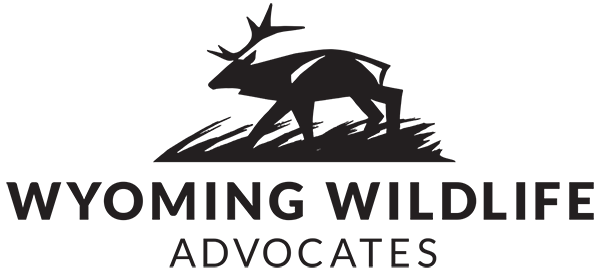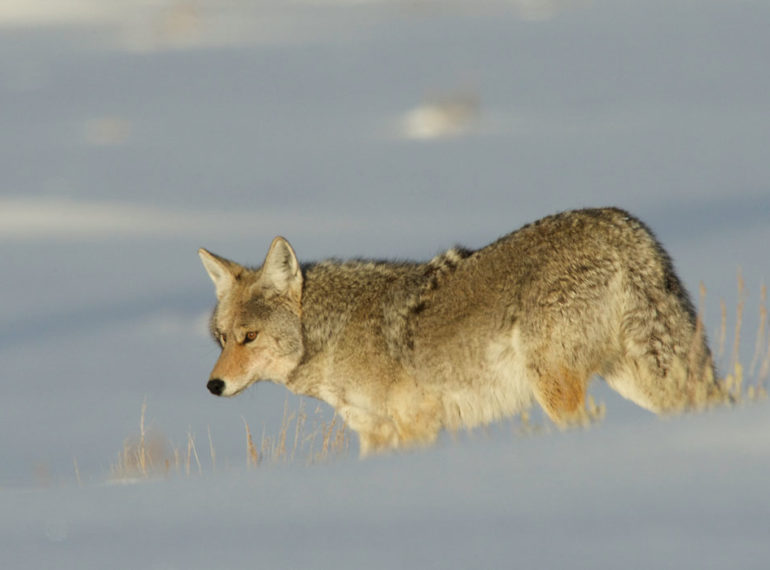Written by Mike Koshmrl on 12/11/2014 for Jackson Hole News and Guide (view the original article)
—
Wildlife on private land within Grand Teton National Park is now under jurisdiction of the Wyoming Game and Fish Department and can be hunted, National Park Service leaders have decided.
For decades wildlife on about 950 acres of private land within park boundaries was subject to National Park Service rules, which meant that all hunting with the exception of elk was prohibited. A reinterpretation of the park’s regulations means that state-sanctioned hunts for bison, mountain lions, mule deer, waterfowl and other game may soon be permitted.
It’s a reinterpretation guaranteed to attract opposition, and one group has already criticized the new rule.
The change in management was addressed in a Nov. 11 letter from Park Service Associate Regional Director Tammy Whittington to Brian Nesvik, Game and Fish’s chief warden.
“For many years we assumed that [park wildlife regulations] applied on private inholdings within Grand Teton and prohibited the taking of wildlife on those inholdings,” Whittington wrote. “While [the National Park Service] continues its interest in ensuring that wildlife management on private inholdings does not negatively impact park resources, we have concluded that [park wildlife regulations] do not apply to private land inholdings within Grand Teton.
“As a consequence of that conclusion, we agree to the following: The Wyoming Game and Fish Department will take the lead in responding to wildlife management issues on private land within the park, and will coordinate with staff when necessary.”
The decision has immediate effects for two current hunts, Game and Fish spokesman Renny MacKay said.
“Right now it does impact hunting of elk and bison on private lands,” MacKay said. “It is allowed on those lands this year.”
The Game and Fish Commission will determine what hunts will be allowed in future years, he said.
There are about 100 tracts of land the rule change affects, from quarter-acre lots in Kelly to the 450-acre Pinto Ranch. It was unclear by press time if the change would allow hunting on two 640-acre parcels of state school trust property within Grand Teton park.
Game and Fish first sought to clarify the park’s jurisdiction over wildlife in inholdings almost two years ago. State officials were prompted by questions about private landowners’ rights in the event of wolf depredations, and requested the Park Service consult with the U.S. Attorney for the District of Wyoming.
“Prosecution of a private landowner by [the National Park Service] for actions that were committed on private lands and permitted or authorized by the state would certainly jeopardize the missions and goals of both agencies and the public interest,” Nesvik wrote Whittington in March 2013.
The November memo sent by Whittington asks that park personnel be notified when wildlife issues arise that occur on both private and federal land.
The National Park Conservation Association rejected the Park Service’s reinterpretation of the regulations.
“We’ve been looking at the wildlife management jurisdiction issue very carefully, and we believe the park does have full jurisdiction, even in park inholdings,” said Sharon Mader, the association’s senior program manager for Grand Teton National Park.
Mader worried a precedent would be set.
“This is not just about Grand Teton — there are 400 other Park Service units,” she said.
“Being an iconic park and having sensitive species, Grand Teton should really be a leader and on the forefront of this issue in ensuring that they are the ones that make decisions within park boundaries,” Mader said.

